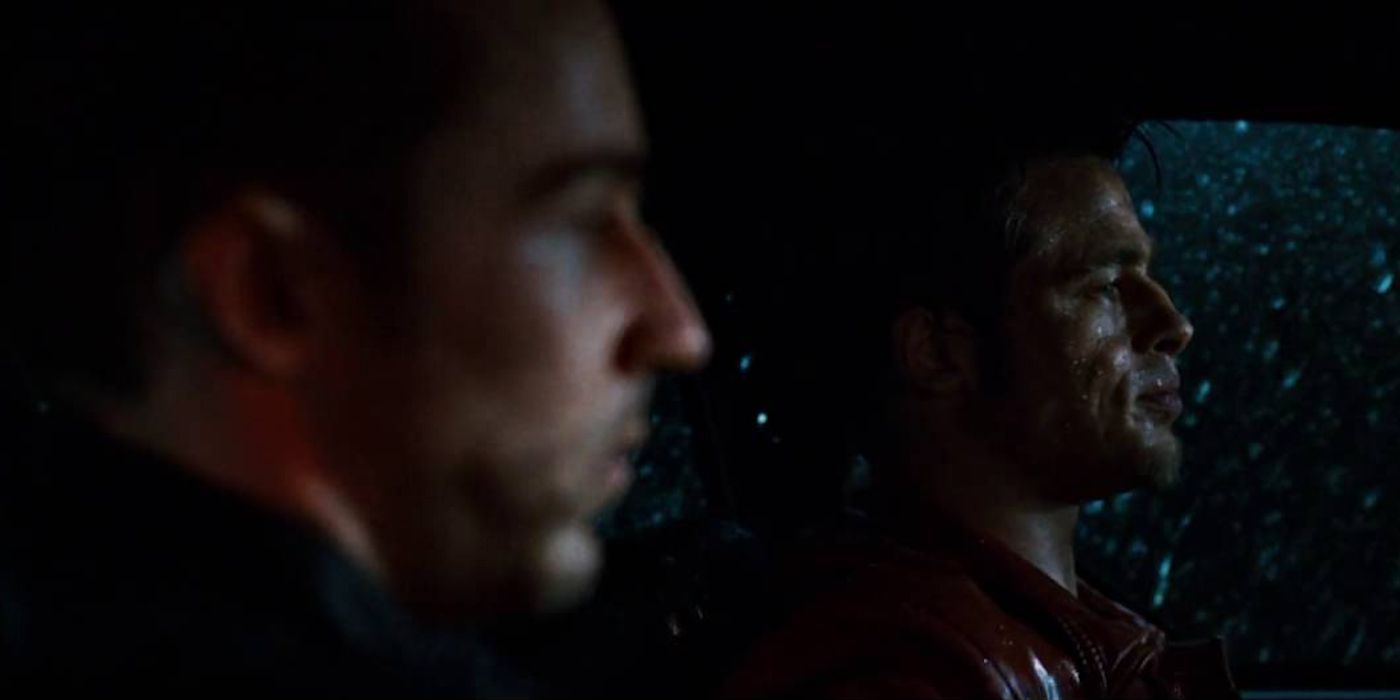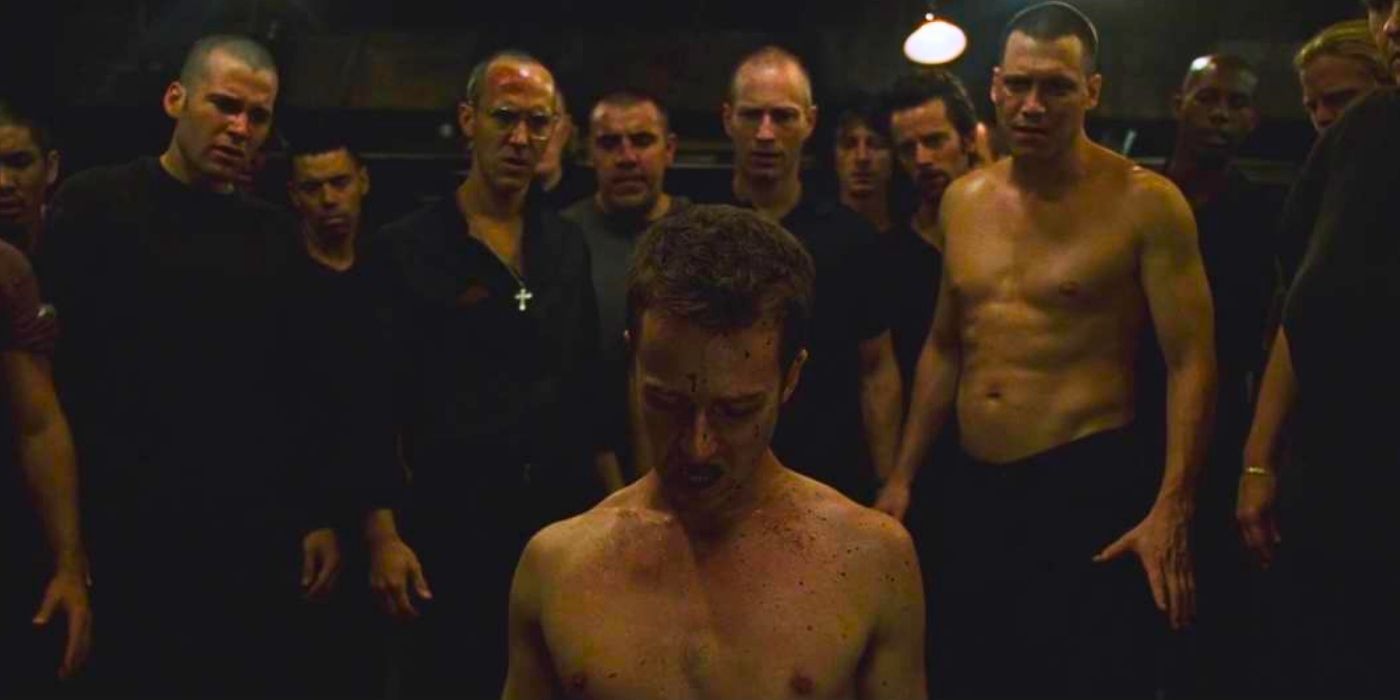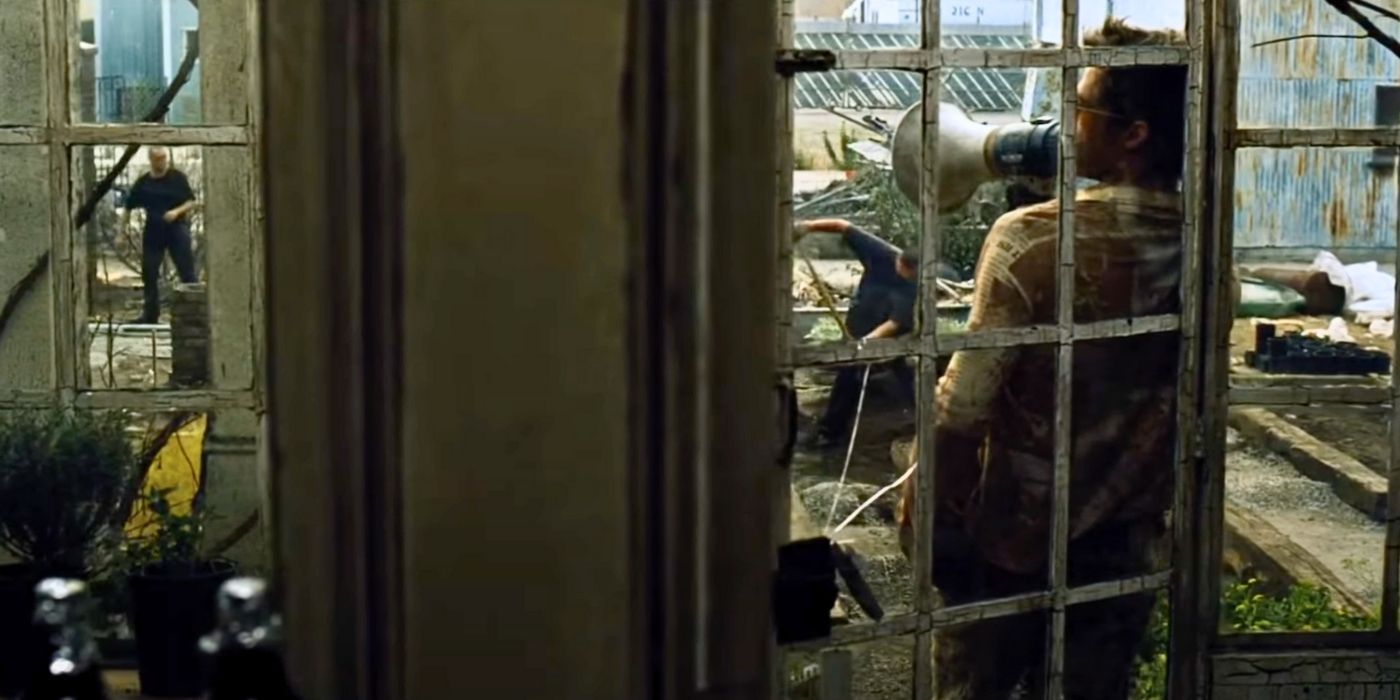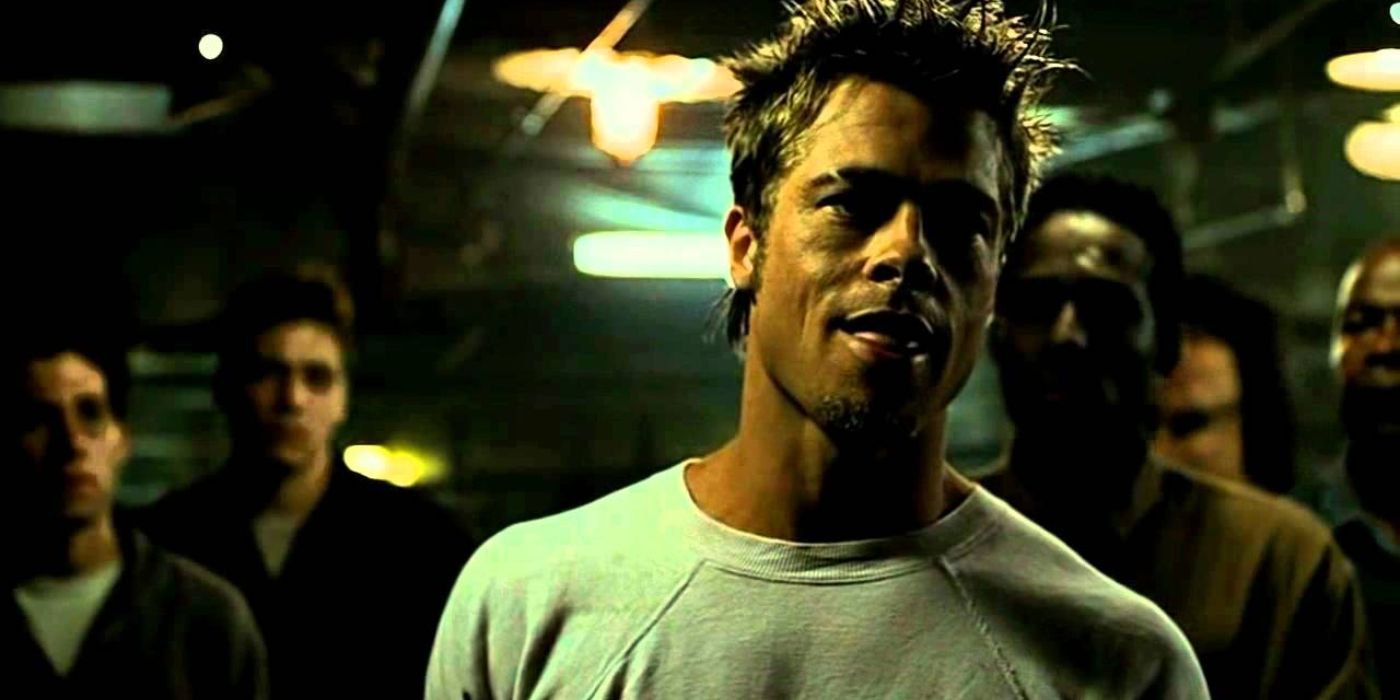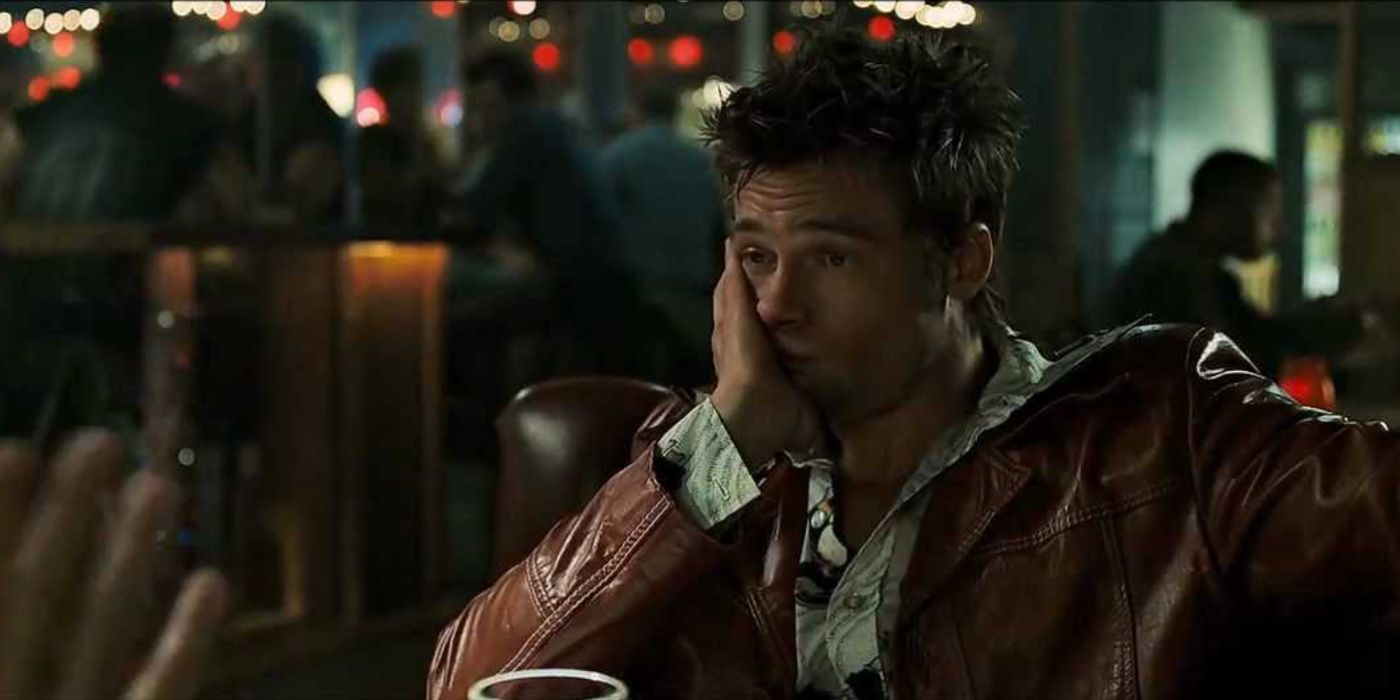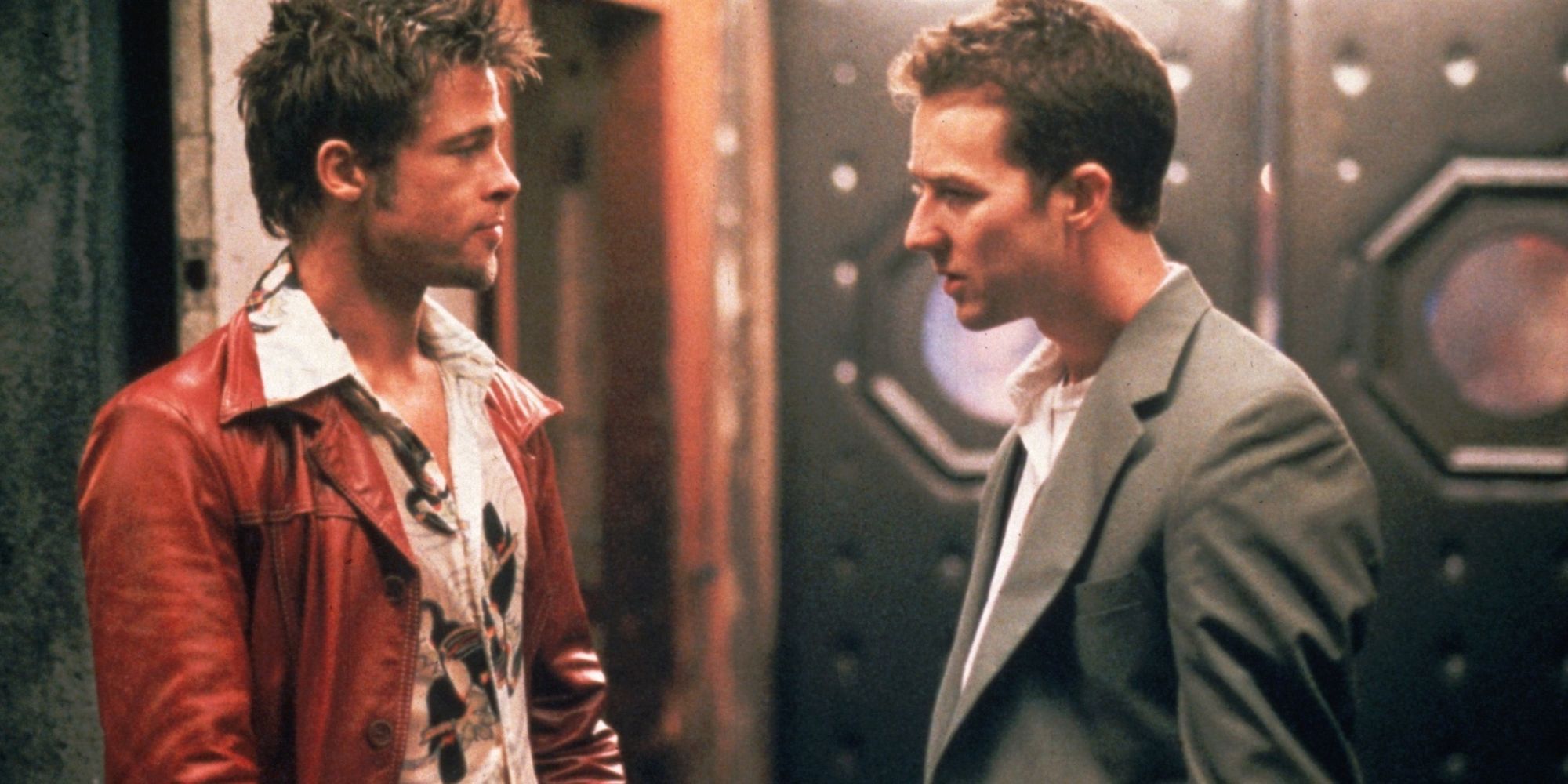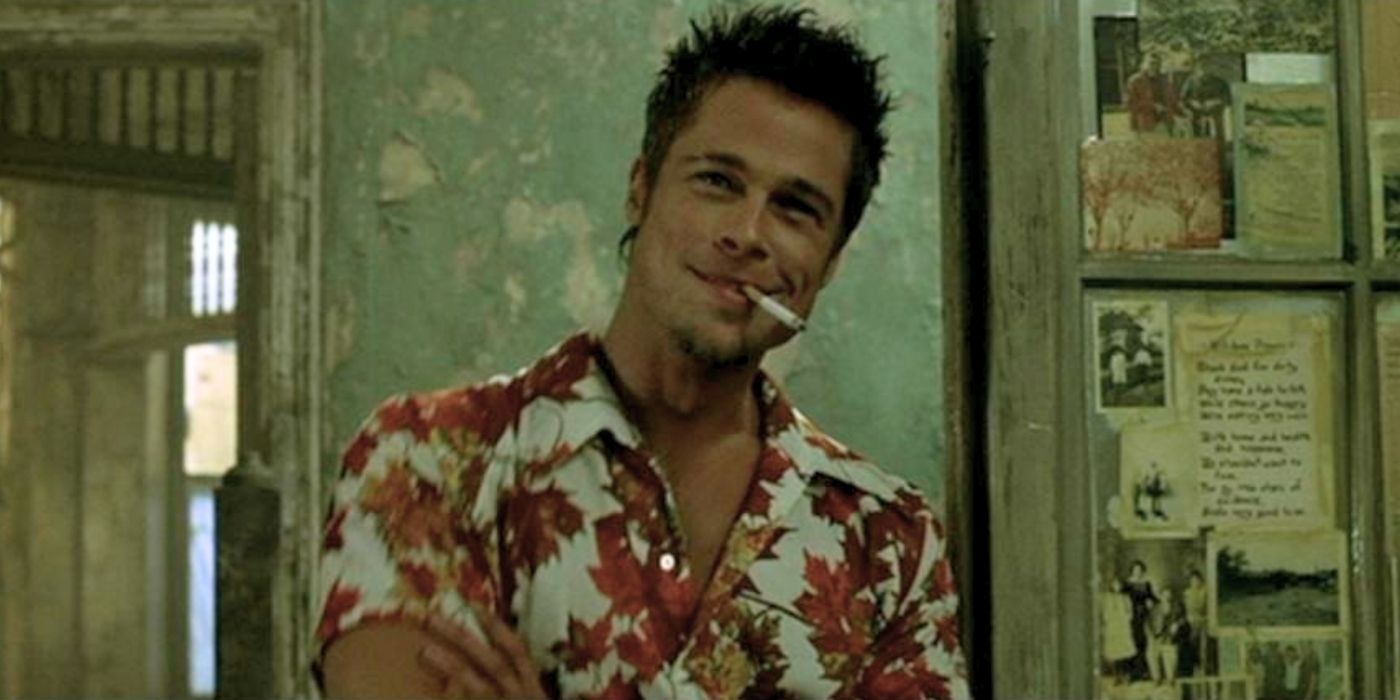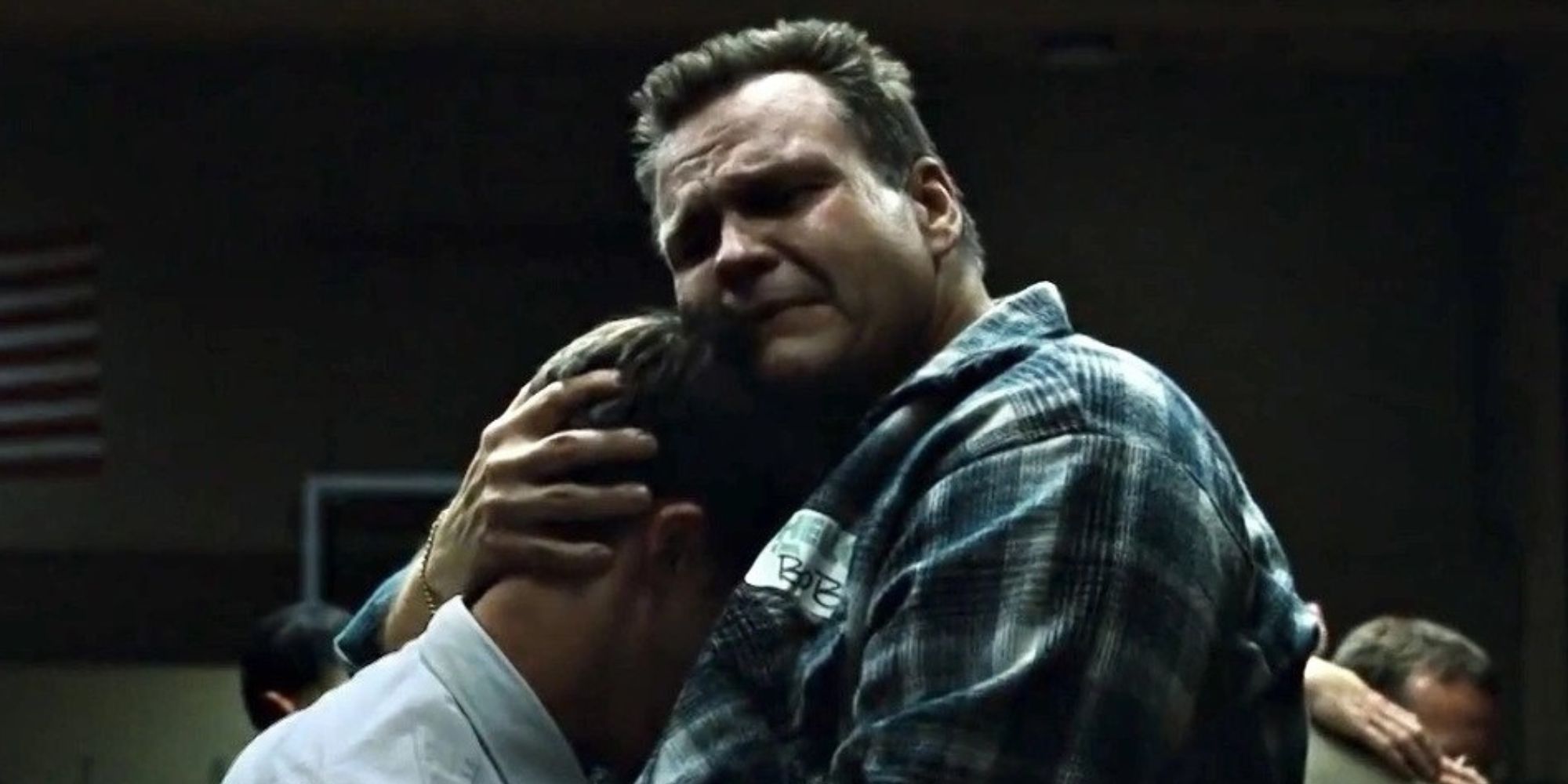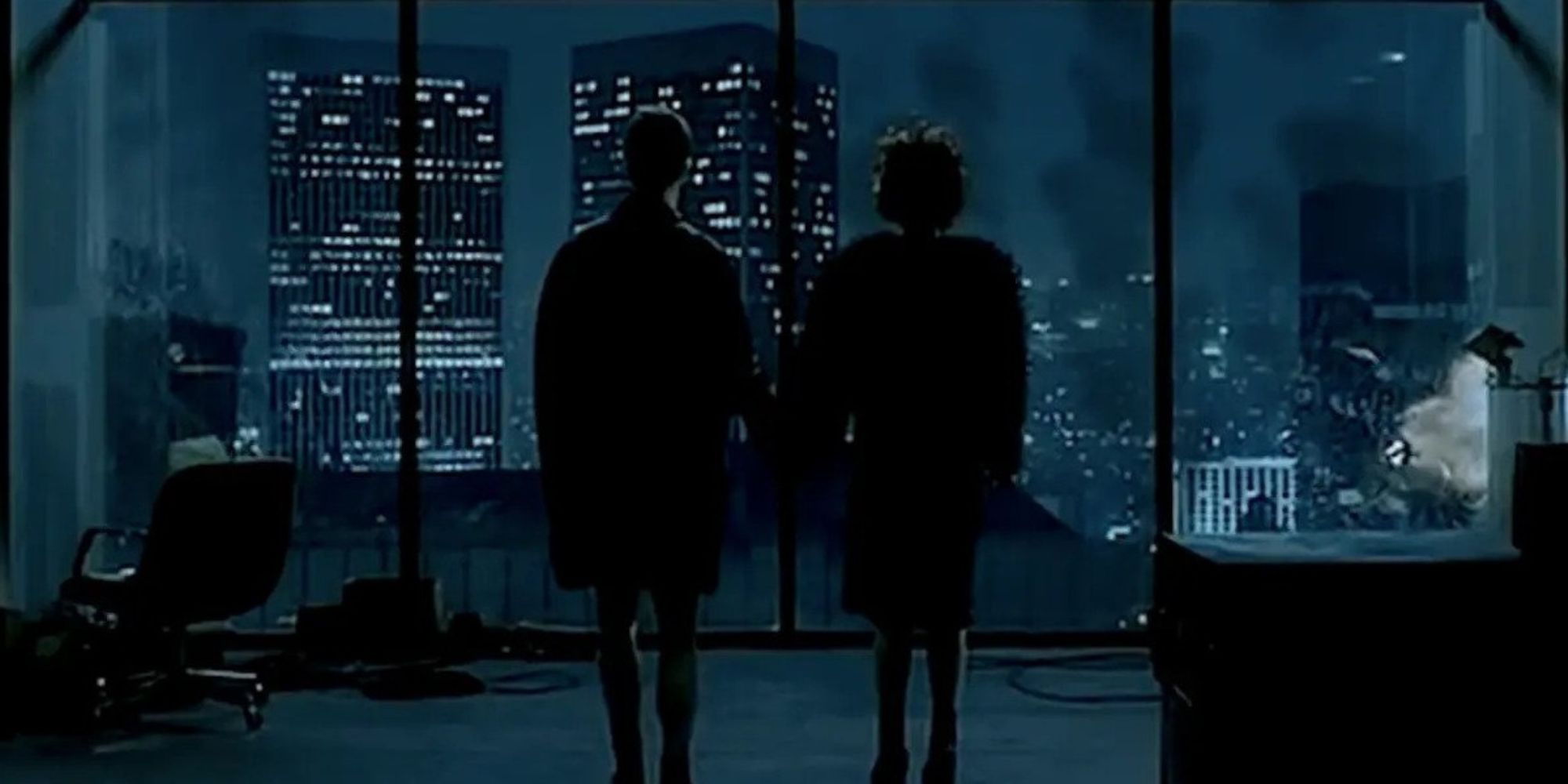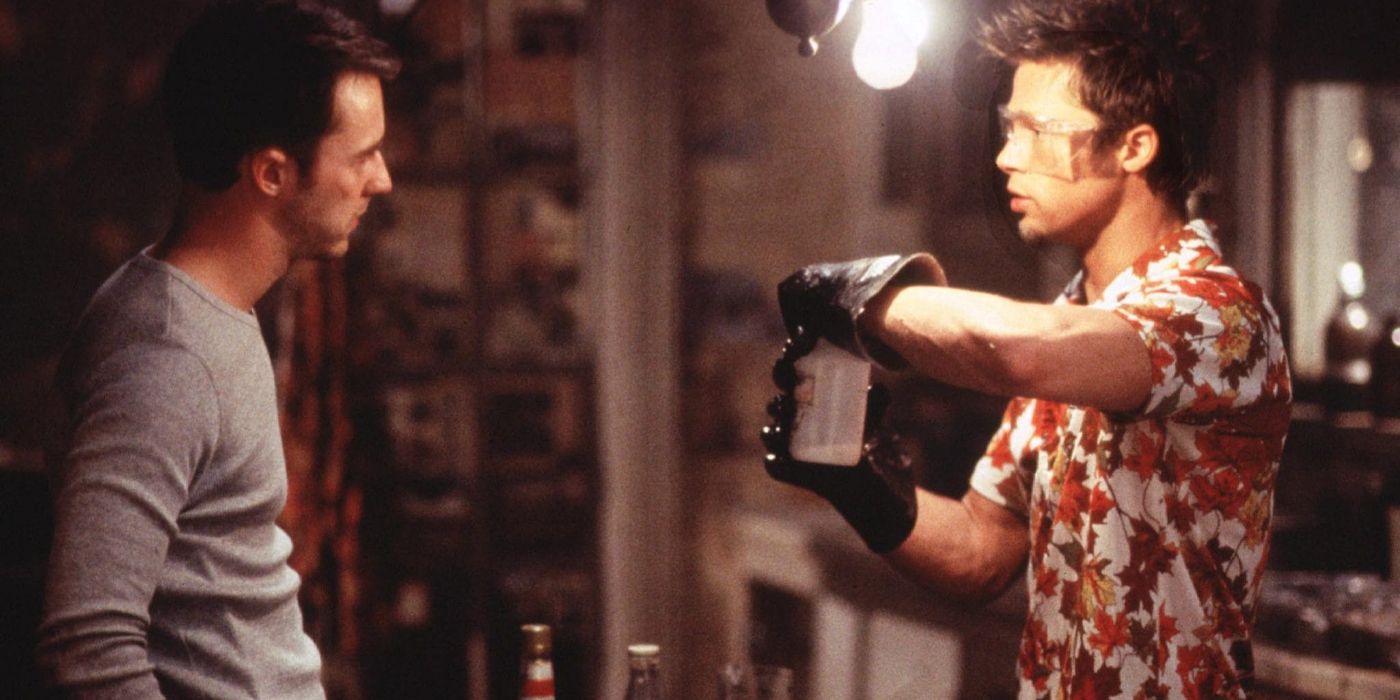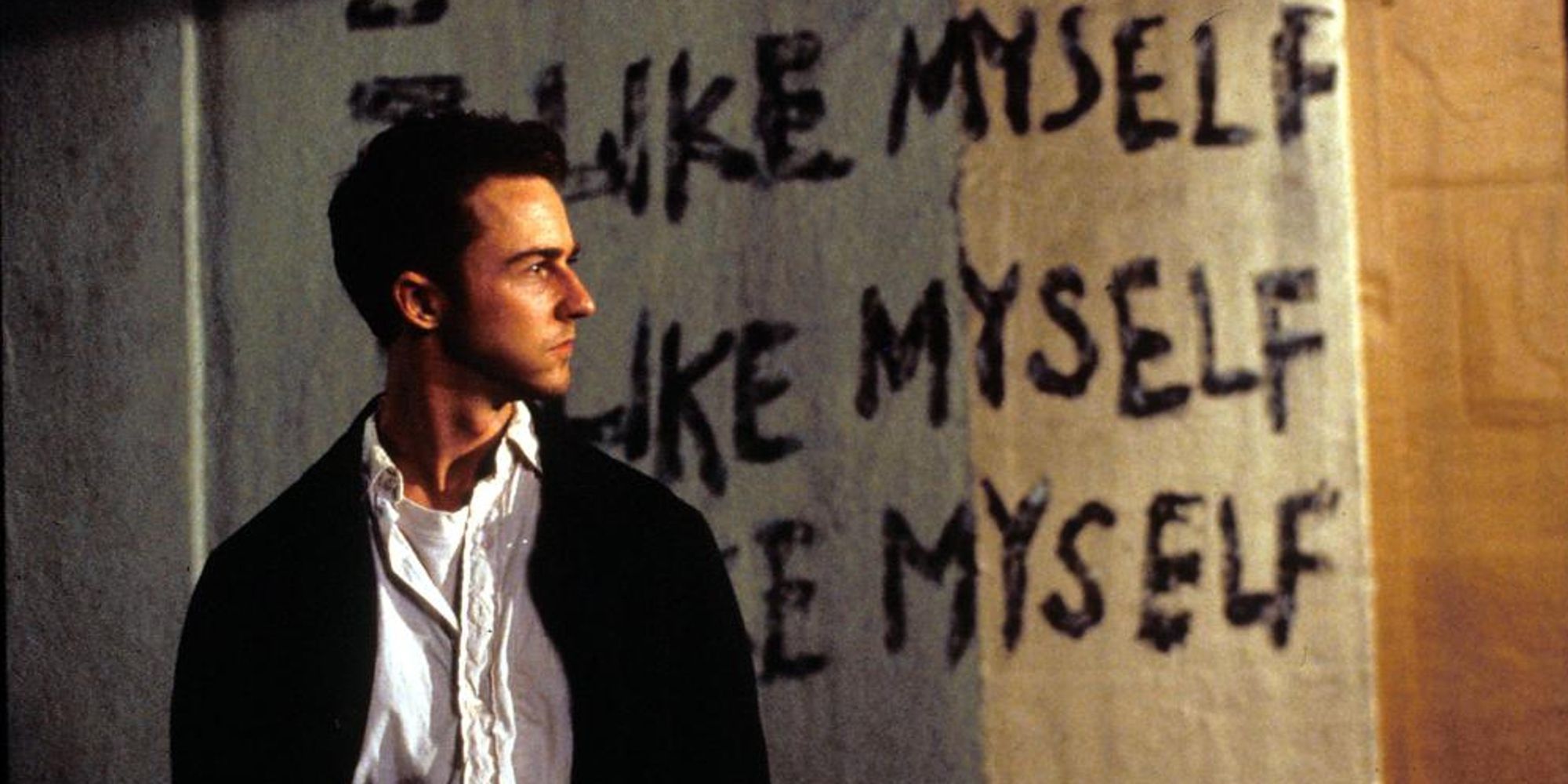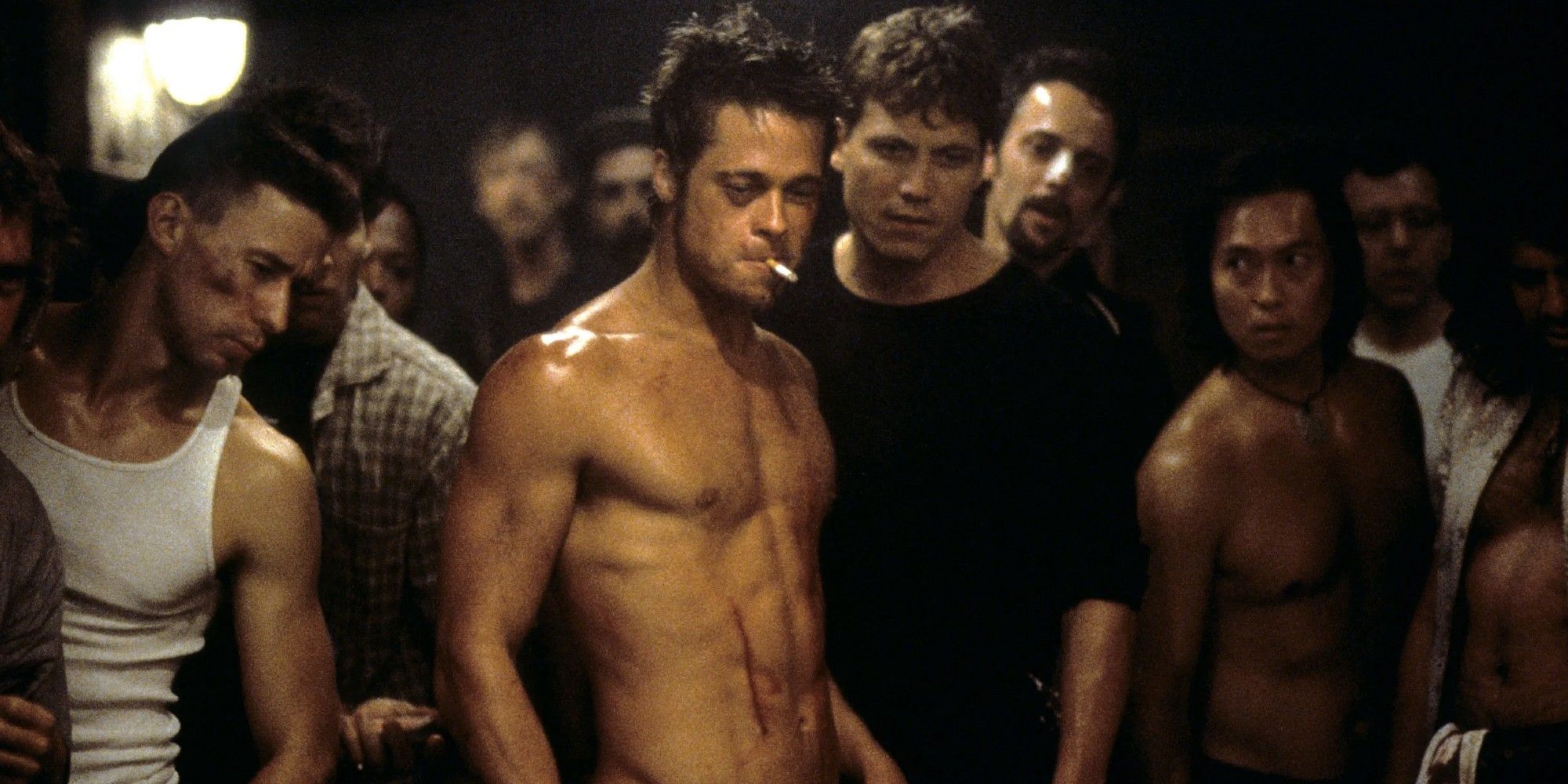David Fincher’s 1999 phenomenon, Fight Club, is just as relevant now as it was when it was first released. The film’s commentary grasps so many concepts of the modern world that has become naturalized by capitalism and its avenues of promotion, to the point where its harms have been buried in the process. Fight Club forces viewers to open their minds to the rejection of these naturalized inhibitions to find true peace with themselves.
Just as intended in the original novel by Chuck Palahniuk, Fight Club is sardonic, wacky, and teething with a radical philosophy to life that intends to be less brazen than the satirical suggestions Tyler Durden (Brad Pitt) offers: be your authentic self amidst the dehumanizing world of capitalism, not the person you’re meant to be. Viewers on the path to bettering themselves are warned that they can come face-to-face with self-destruction, for the "American dream" is nothing but a dream concerned with taking down individuality; as seen in the film’s awe-inspiring plot twist, where the Narrator (Edward Norton) has lost himself and is living vicariously through an alter-ego he believed to be a real person. Over two decades later, the best quotes from Fight Club continue to be part of pop culture, which is a testament to the renowned film's enduring powerful message about consumerism that's still just as relevant today.
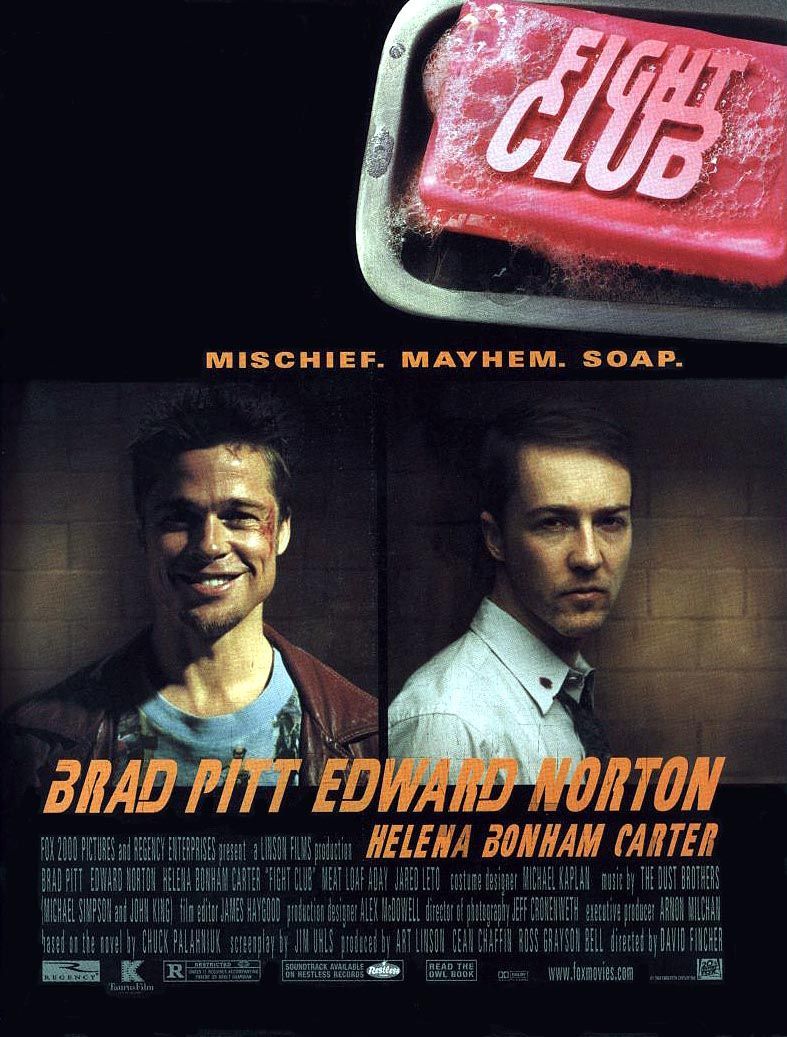
Fight Club
- Release Date
- October 15, 1999
- Director
- David Fincher
- Cast
- Edward Norton , Brad Pitt , Helena Bonham Carter , Meat Loaf , Zach Grenier , Richmond Arquette
- Runtime
- 139 minutes
15 "Stop trying to control everything and just let go. Let go!"
Tyler Durden
In one of the most heart-pounding Fight Club dialogues, Brad Pitt shows his angry acting chops by completely losing it in the car as Tyler is trying to convince the Narrator to "stop trying to control everything and just let go." The intense scene only builds up to an impending car accident, which literally shakes up the Narrator.
The entire movie has an overarching message of letting go, reminding viewers that their idea of control over capitalistic elements in their lives is simply an illusion. The sooner they can let go like the Narrator, the sooner they can build a more authentic life.
14 "I felt like destroying something beautiful."
The Narrator
Jared Leto plays the supporting role of Angel Face wonderfully in the movie, and he's also unfortunately beaten to a pulp in one of its most violent scenes. The Narrator seems to lose any sense of reality and what he's doing as he releases every bit of rage upon Angel Face. This moment disturbs even the crowd of jaded men around him, who slowly inch toward the Narrator, seemingly considering stopping him.
When Tyler asks the Narrator "where did you go, psycho boy?" all the dazed protagonist can say is that he wanted to destroy "something beautiful." The entire scene captures the Narrator's overarching storyline, who literally destroys his once pristine life. It's also one of the film's more obvious messages about getting rid of what audiences' think are "beautiful" in favor of something real.
13 "This is your life, and it's ending one minute at a time."
The Narrator
David Fincher's iconic film endures because of its relevant themes. Fight Club promotes the idea that individuals need to regain control of their own lives, instead of being trapped in the corporate working class while dreaming of higher ambitions but never reaching them. The film follows a man who feels suffocated in his 9-5 job, who fills the void with material things as a way to define himself.
He is unsatisfied with his life until he lives an unhinged version of his life in the form of Tyler Durden, where he embodies every aspect of who he dreamed to be. The message is clear: live for yourself, because you only have a short time on this Earth.
12 "You are the same decaying organic matter as everything else."
Tyler Durden
The disillusioning belief that we are all special and unique can be critiqued as an unrealistic viewpoint that ends up misleading individuals to a harsh reality. Those who believe in the idea of becoming famous, promised by the American dream if they work hard enough, fall hard into a sense of broken promises and resentment.
By stripping away the idea that each individual is more unique than the next, an even-level playing field is achieved as a response to the ever-present class structure. Believing in sameness is equivalent to abolishing social structures, providing a sense of true equality, in Fight Club.
11 "It's only after we've lost everything that we're free to do anything."
Tyler Durden
Although this quote can be taken quite literally, the main message that Tyler Durden was trying to promote was to reject the influences and constraints imposed on individuals as a way to free themselves of perceived limits. This thought process idealizes a world where self-doubt and self-consciousness cannot exist, for individuals theoretically would not care about how others perceive them.
The idea of "losing everything" also ties back to the anti-capitalist nature of Fight Club, where the film argues that the importance of material objects, societal influences of needing relationships, and climbing the corporate ladder causes the self to hold back on their true desires.
10 "Our great war's a spiritual war. Our great depression is our lives."
Tyler Durden
This quote again focuses on the impact of capitalism on individualism. Disentangled from societal norms, Tyler embodies spiritual freedom in which he does not ascribe to conformity, whereas the Narrator feels like he is a sheep who lacks direction other than what his parents told him: study, get a job, get married; it’s an expectation, not a desire.
Fight Club argues that the biggest struggle that humans will face is themselves, and the only way out of self-destruction is to figure out the truest and deepest desires and authentic self. Without truly understanding what one wants, instead of what is expected of oneself, allows an individual to attain happiness.
9 "We are a by-product of a lifestyle obsession."
Tyler Durden
Making comments on the emphasis on capitalistic tendencies and calling for anti-consumerist behaviors, Tyler embodies a lifestyle where the rejection of the importance of material possessions will lead to unlocking a higher sense of purpose and freedom. This quote came to life when it was revealed in the movie's iconic plot twist that the Narrator blew his own apartment up (as his alter ego, Tyler).
By ruining and removing all of his carefully selected Ikea furniture, which he once felt defined him, the Narrator is detaching himself from his consumerist nature. By rejecting this, he believes he is on the road to his authentic self, breaking free from the possession-obsessed shell he feels society pushed onto him.
8 "I say never be complete. Stop being perfect. I say let's evolve, let the chips fall where they may."
Tyler Durden
Tyler, throughout Fight Club, attempts to convince the Narrator that he should just be content with himself – stripped away from all his belongings and preconceived notions of success. For the Narrator to let go of his fears, his goals, and his possessions, means that he can just be content with who he is.
This quote can also be tied to another one of Tyler’s gems, “self-improvement is masturbation”; meaning that it is done for pleasure, which is often tied to superficial means of clothing, career titles, and nicely decorated homes. Instead, Tyler aims for the Narrator to self-destruct as a way to get rid of this fabricated version of the self.
7 "Sticking feathers up your butt does not make you a chicken."
Tyler Durden
Focusing on individualism and breaking free of societal expectations, Tyler makes brazen attempts to be a non-conformist, pushing the Narrator to rid himself of his performance identity. By buying flashy furniture, building the perfect wardrobe, and reaching certain ranks in his career, the Narrator believes that these things will piece together his success.
However, Tyler argues that these things do not make him successful, they make him a copy of everyone else who wants the identity of success. This quote encapsulates the idea of individuality in a world where capitalist motives elicit a likeness in society, where the choice to keep the main character nameless symbolizes this collective. Brad Pitt's chaotic performance and flawless delivery that blends humor and wit also make it an especially memorable one.
6 "You're the all-singing, all-dancing crap of the world."
Tyler Durden
Despite his initial hesitation, the Narrator does eventually begin to see Tyler's point, not knowing that it's his own perspective. You are not your job. One of Tyler's powerful speeches captures the way he breaks down his members into the nothing – "the all-singing, all-dancing crap of the world" – that they are.
It's only through this aggressive rhetoric that Tyler can impress upon them that they are "not how much money" they "have in the bank," nor "the car" they "drive," nor "the contents" of their "wallet." And, most importantly, "You're not your f**king khakis." It points back to his original point that consumerist goods are essentially useless and false indicators of identity, just a means of control.
5 "I found freedom. Losing all hope was freedom."
The Narrator
The nihilism in Fight Club works, oddly, to encourage the act of regaining a sense of identity, turning it into a sort of unexpected and profound existentialist movie. The Narrator had to hit rock bottom – to lose everything – to feel like he could start fresh and embody the person (in the form of Tyler) he desired to be. Freedom in the film can only be obtained by self-destruction: a blown-up apartment and scarred hand are the true markers of this for the Narrator.
To reject all preconceived concepts of how a modern-day human should be, allows the Narrator to find freedom in his actions, where he can decide how he wants to live. So he starts a soap company made from human fat, lives in a run-down abandoned house, chooses to use a love interest for sex, and creates an empire of men who want to escape the rat race by setting the world back to an even playing field.
4 "You met me at a very strange time in my life."
The Narrator
A crucial yet often underrated aspect of Fight Club is the romantic subplot revolving around the Narrator and Marla Singer (masterfully played by Helena Bonham Carter). Despite dealing with her own troubles, she sticks by the chaotic ups and downs of the protagonist, all the way to the very end, where the Narrator admits – amidst the explosion of buildings outside – that she met him "at a very strange time in [his] life."
Aside from how it beautifully complements the surrounding destruction, the Narrator's line at that moment is also brilliant because it can be directed towards the audience. Viewers watch the Narrator's life unravel, just as Marla does.
3 "Without pain, without sacrifice, we would have nothing."
Tyler Durden
With an all-or-nothing mentality, Tyler demands that fulfillment and enlightenment can not be reached without sacrifices and the harsh reality of stripping away everything society ever taught. The quote extends itself in history as a truth, but in a modern world where the major battles have already been fought, Fight Club pushes for this to apply to the process of establishing identity.
Dismissing consequences, acting on impulse, wanting to live on primal instincts – these are actions that the general population tends to avoid in attempts to be good citizens. But, in the cinematic angst of Fight Club, violence is used as a metaphor for the inner battle of the self, to find authenticity in a world of mass-produced identities. It's an ode to anarchy, and a dare to be one's true self amidst the uniformity of all-encompassing consumerism.
2 "The things you own end up owning you."
The Narrator
Capitalism can repress a sense of self, because the self becomes convoluted with ideas of appearance, both on a superficial level and on an interpersonal level for the benefit of social standing. This way of thinking suggests that materialism ends up becoming a whole personality, where an individual is viewed on their outward appearance and nothing else.
Walking away from a life of consumption opens up avenues in life with a new focus. Being a film about revolution, Fight Club argues that identity is created through the fulfillment of actions - not empty words, or objects.
1 "The first rule of Fight Club is you do not talk about Fight Club."
Tyler Durden
"The second rule of Fight Club is you do not talk about Fight Club!" Third rule of Fight Club? Fans already know. Undoubtedly the most famous Fight Club quote, the "first rule" line has been endlessly referenced and repeated, still permeating discussions and debates today. Whether it appears in a meme or alongside serious conversations, Tyler's words have made a permanent mark in cinematic history (and pop culture as a whole).
In the movie, Tyler says these iconic words as he gathers a group of men ready to express their anger and frustration through physical violence – but they can't talk about it. The rule exists to protect what they view as a special gathering outside of the norm, with their unconventional methods of rebellion defining an entire generation of moviegoers.



